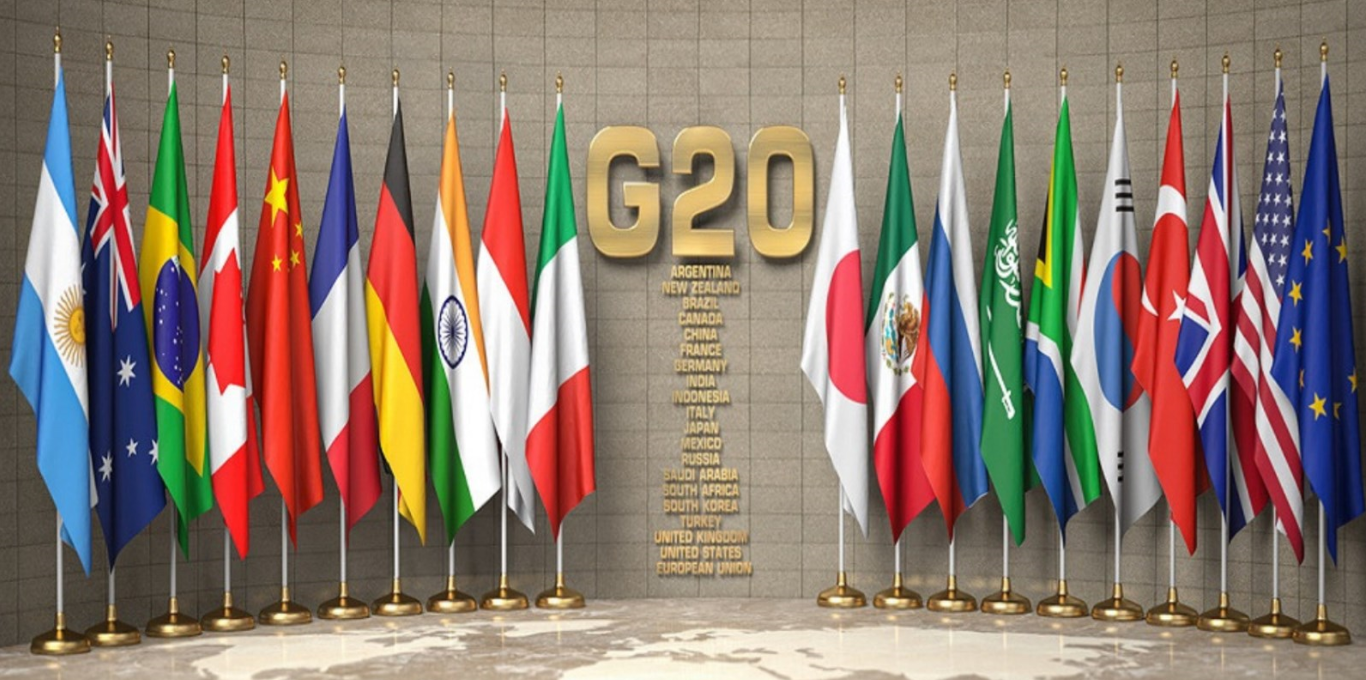
media review: Is India being pressured by the West using the human rights claims?
India and Canada are in a diplomatic crisis at this point, and now made more intense with the US government declaring its support for Canada...

India and Canada are in a diplomatic crisis at this point, and now made more intense with the US government declaring its support for Canada...

Brazilian Foreign Minister Mauro Vieira says Brazilian President Luis Inacio Lulu will meet with his Chinese counterpart in a few days, to exchange views on...

And the Indian Ministry of Finance stated, in a statement: “Most of the members decisively condemned the war in Ukraine, and affirmed that it causes great human suffering and exacerbates imbalances in the global economy … but there are other visions and different assessments of the situation and sanctions.”
She added, "While noting that the G-20 is not a forum for resolving security issues, we realize that security issues may have significant repercussions on the global economy."
Russian Foreign Minister Sergey Lavrov intends to participate in the meeting of foreign ministers of the Group of Twenty, which is scheduled to be held on March 1 and 2 in New Delhi, according to what was announced by the spokeswoman for the Russian Foreign Ministry, Maria Zakharova, earlier this month.
Zakharova pointed out that during the event, issues of capacity-building, reform of international institutions, and strengthening the positions of developing countries in the collective decision-making process will be discussed.
She added, "It is expected that there will be a busy schedule of bilateral meetings for Lavrov, on the sidelines of a meeting of the Council of Foreign Ministers. Work is underway to prepare these contacts. We are talking about countries such as China and Brazil, and of course the host country."
In addition to participating in the G20 Foreign Ministers' Council, Lavrov will be in New Delhi from March 1-3, as part of a working visit during which he will hold talks with his Indian counterpart, Subramaniam Jaishankar, and after that he will participate in the international "Raisinya Dialogue" conference.
India holds the G20 presidency from last December until November 30, 2023.
The G20 summit started on February 24 in Bangalore, the technological capital of India, to agree on the challenges posed by the global economy in the atmosphere of war in Ukraine, and high inflation with the recovery after the "Covid-19" epidemic.
Indian Prime Minister Narendra Modi called for reform of international institutions, including the World Bank, on the first day of the G20 financial summit in the southern Indian city of Bangalore.
The meeting takes place exactly a year after the start of the Russian military operation in Ukraine, and amid disagreements among the G20 participants on this issue.

India succeeded this year by taking advantage of the events surrounding it and getting as far as possible from the war in Ukraine and the...

After signing its first memorandum of obligations in Uzbekistan at this year's Shanghai Cooperation Organisation (SCO) summit to be held in Samarkand in September, Iran's...

Days after India called on Iran to activate the road, rail, and sea transportation systems linking Mumbai to Saint-Petersburg and less than one week before...